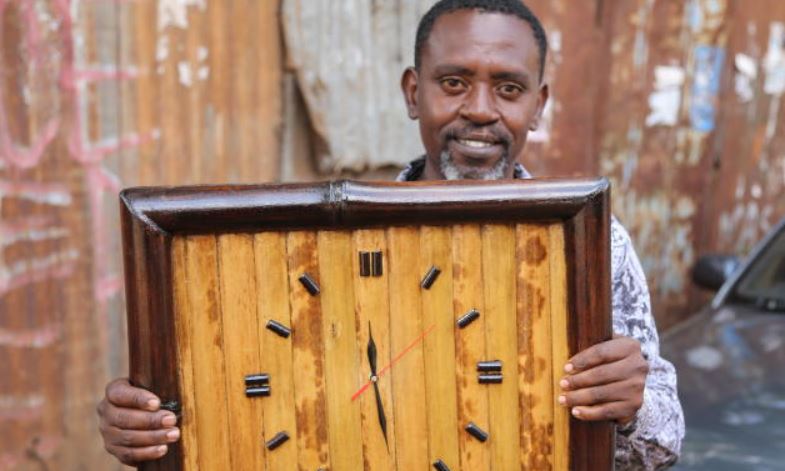×
The Standard e-Paper
Home To Bold Columnists

Boniface Maina grew up in the midst of a bamboo plantation. His father owned a bamboo farm in Central Kenya, and used proceeds from the farm to fend for his family.
This early introduction to business and environmental conservation stuck with Maina from a tender age, as he used to assist his father in tending the farm.